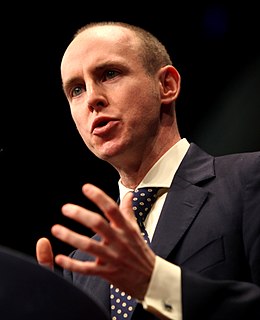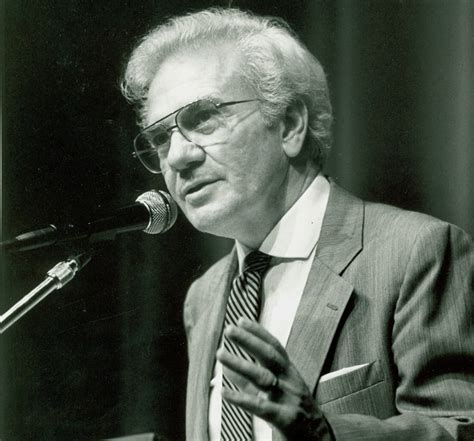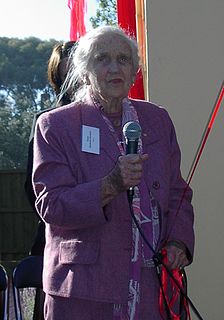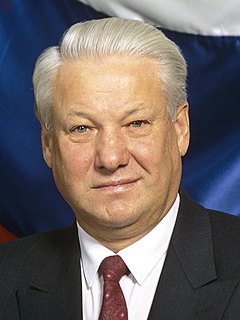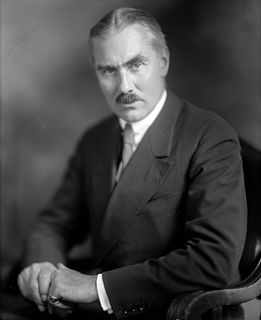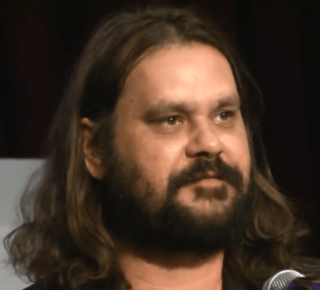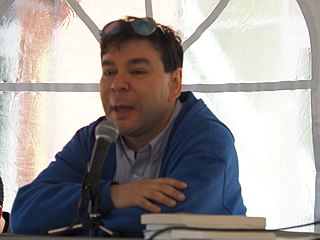A Quote by Daniel Hannan
The most dangerous diminutions of freedom come from those who are convinced of their moral rectitude.
Related Quotes
Book CoverTo have people who are well informed but not constrained by conscience is conceivably, the most dangerous outcome of education possible. Indeed it could be argued that ignorance is better than unguided intelligence, for the most dangerous people are those who have knowledge without a moral framework.
Conscience is the most dangerous thing you possess. If you wake it up, it may destroy you. To live a life of total moral rigor is not necessarily the way to go. It's the path for very few people. Most people need to come up with some kind of middle ground that satisfies their practical, moral, and philosophical esthetic needs.
I am convinced that the moment is coming when, with its message of eternal, universal values, it will come to the aid of our society. For in these words: "Thou shalt not kill; Thou shalt love thy neighbor as thyself," lie those very moral principles that will enable us to survive even the most critical situations.
Probably those three things affect the most people: reproductive freedom, freedom from violence, and democratic families. But there may well be someone sitting at this table who has a great idea to do something else that wouldn't come under those umbrellas and that would really be great, and make all kinds of change.
The insistence on truthfulness does not disturb the freedom of the individual. The social obligation implied in Satyagraha turns the freedom of the individual into moral freedom. An atheist is free to say or to do what he likes, provided he does what he says and says what he does. So, in the context of social relations, the freedom of the individual is moral freedom.
We are at war with the most dangerous enemy that has ever faced mankind in his long climb from the swamp to the stars, and it has been said if we lose that war, and in so doing lose this way of freedom of ours, history will record with the greatest astonishment that those who had the most to lose did the least to prevent its happening.
Whilst we assert for ourselves a freedom to embrace, to profess and observe the Religion which we believe to be of divine origin, we cannot deny equal freedom to those whose minds have not yet yielded to the evidence which has convinced us. If this freedom be abused, it is an offense against God, not against man:To God, therefore, not to man, must an account of it be rendered.
Freemasonry must stand upon the Rock of Truth, religion, political, social, and economic. Nothing is so worthy of its care as freedom in all its aspects. "Free" is the most vital part of Freemasonry. It means freedom of thought and expression, freedom of spiritual and religious ideals, freedom from oppression, freedom from ignorance, superstition, vice and bigotry, freedom to acquire and possess property, to go and come at pleasure, and to rise or fall according to will of ability.
I've done a lot of Shakespeare onstage, and I'm not convinced that the Earl of Oxford was the author of all those works, but I am convinced that the Stratfordian William Shakespeare was not. My feeling is that it was an amalgamation of many writers, in the same way that most films are a collaborative endeavor.
